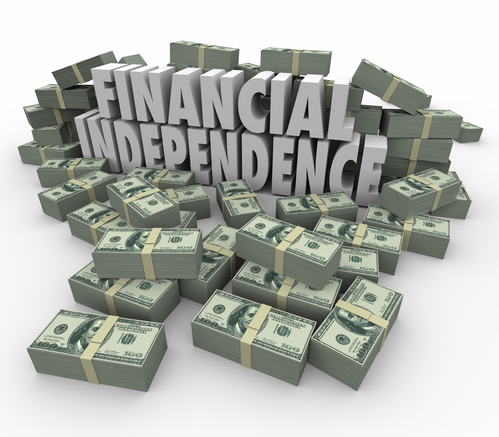
Last time we talked about boosting retirement savings during your final working years. In an ideal world you’ll have the double-effect of being in your peak earning years while your largest financial obligations are in the rear-view mirror.
In the real world, however, many Canadians are faced with an uncertain retirement because they lack adequate savings, don’t have a company pension plan, they’re still carrying a mortgage, line of credit, or even (gasp!) credit card debt, or they’re still providing financial support to their adult children.
Preparing for Retirement
Much like preparing for a new addition to the family, or for one spouse to stay home with the children full-time, preparing for retirement is about understanding new spending patterns.
If your final working years aren’t spent in savings overdrive mode, perhaps there’s time to test out your retirement budget in the year or two before you retire. You might as well try living on 40 – 60% of your income while you’re still working to see if it’s realistic.
If it’s not, there’s still time to adjust course by altering your income expectations, working longer (and saving more), or revisiting your investment strategy. Speaking of which …
Investing in Retirement
One of the biggest worries for retirees is outliving their money. That’s why it’s crucial to have a proper investment strategy in retirement. Investors don’t simply sell their stocks and move to bonds, GICs and cash once they retire. Canadians are living longer and our portfolios need to be built to last.
One strategy to consider is the bucket approach. The idea is that while retirees need cash flow, they also need a diversified portfolio of stocks and fixed income. Your first bucket is for immediate needs and should contain one or two years’ worth of living expenses in easy-to-access cash. Bucket two is for medium-term needs and is filled with bonds or GICs. Bucket three is meant for long-term needs and so it’s typically filled with stocks, ETFs, or index funds.
Also read: A better way to generate retirement income
Understanding CPP and OAS benefits
Whether you think you’ll rely on government benefits or not, it’s important to understand how CPP and OAS benefits work and how they might impact your retirement income plan.
The maximum monthly payment amount for CPP in 2020 is $1,175.83 [if taken at 65], but the average monthly amount for new beneficiaries is actually $696.56. You can take CPP as early as 60, but the amount is reduced by 0.6% for every month you receive it before 65.
Alternatively you can delay taking CPP until as late as age 70. In this case your pension amount will increase by 0.7% for each month you delay receiving it up to age 70. Continue Reading…







